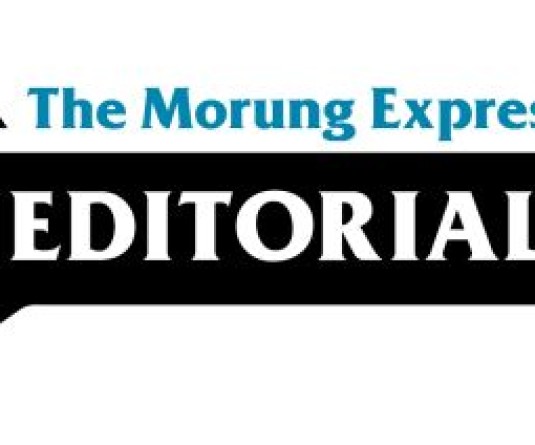
Aheli Moitra
Seventy years ago, stated the Office of the High Commissioner for (United Nations) Human Rights, the Universal Declaration of Human Rights affirmed: “All human beings are free and equal in dignity and in rights,” making universality a cornerstone of the human rights legal system. It established that all human beings, wherever they may be, are endowed with equal human rights regardless of their age, sex, religion, national or social origin, or any other particular characteristics.
With majoritarian groups, that are often subjected to injustices by other larger majoritarian groups, unwilling to recognize these rights in favour of “religious/cultural freedom,” the tool of universality in diversity –the notion that human rights must be the same everywhere and for everyone – lies shattered. Yet, it is important to recognize that the freedom of expression, for instance, is just as important as the freedom of religion or belief.
Professor Emeritus of Law, Vitit Muntarbhorn, also former UN Special Rapporteur, UN Independent Expert and member of UN Commissions of Inquiry on Human Rights, stated quite clearly that the recognition of universality in diversity requires one to respect the other and the other’s rights as enshrined under universal principles. He was speaking on ‘Gender and Media’ at a regional seminar and workshop on the Nexus Between Freedom of Religion or Belief and Freedom of Expression in Southeast Asia held from March 18-20 in Bali, Indonesia.
At the individual level, nurturing mutual respect and understanding, he maintained, must be inculcated from a young age. But at the level of the collective or the state, there ought to be legislation that promote human rights rather than demote them (while being wary of over-legislation). Muntarbhorn spoke in the context of the lesbian, gay, bisexual, transgender, queer, intersex community that has been victims of personal and collective hate, violence and denial of rights, particularly by religious and cultural groups.
While the United Nations provides several tools to help religious organizations recognize ‘universality in diversity,’ the Professor also cited the example of the ‘Utah Compromise.’
In 2015, Mormon church leaders backed the Republican-dominated Utah Legislature (in the United States) to pass a legislation that banned discrimination against lesbian, gay, bisexual and transgender people in housing and employment, while also protecting religious institutions that object to homosexuality. The legislation, known as “the Utah compromise,” was hailed by Mormon leaders and gay rights advocates as a breakthrough in balancing rights and religious freedom, and as a model for other conservative states, reported the New York Times.
The legislation was about “changing the culture in Utah so we can have all these bedrock values we all believe in: respect, civility and understanding each others’ perspective,” noted a Democrat legislator. And universality in diversity, as Muntarbhorn rightly stated, is our shared responsibility.
While the law contains problematic exemptions for religious groups, allowing them to continue to discriminate, it is exemplary for communities that are rooted in conservative religion, culture and tradition but aspire to be diverse, democratic, free, tolerant and sustainable eventually.
Comments can be shared on moitramail@yahoo.com





